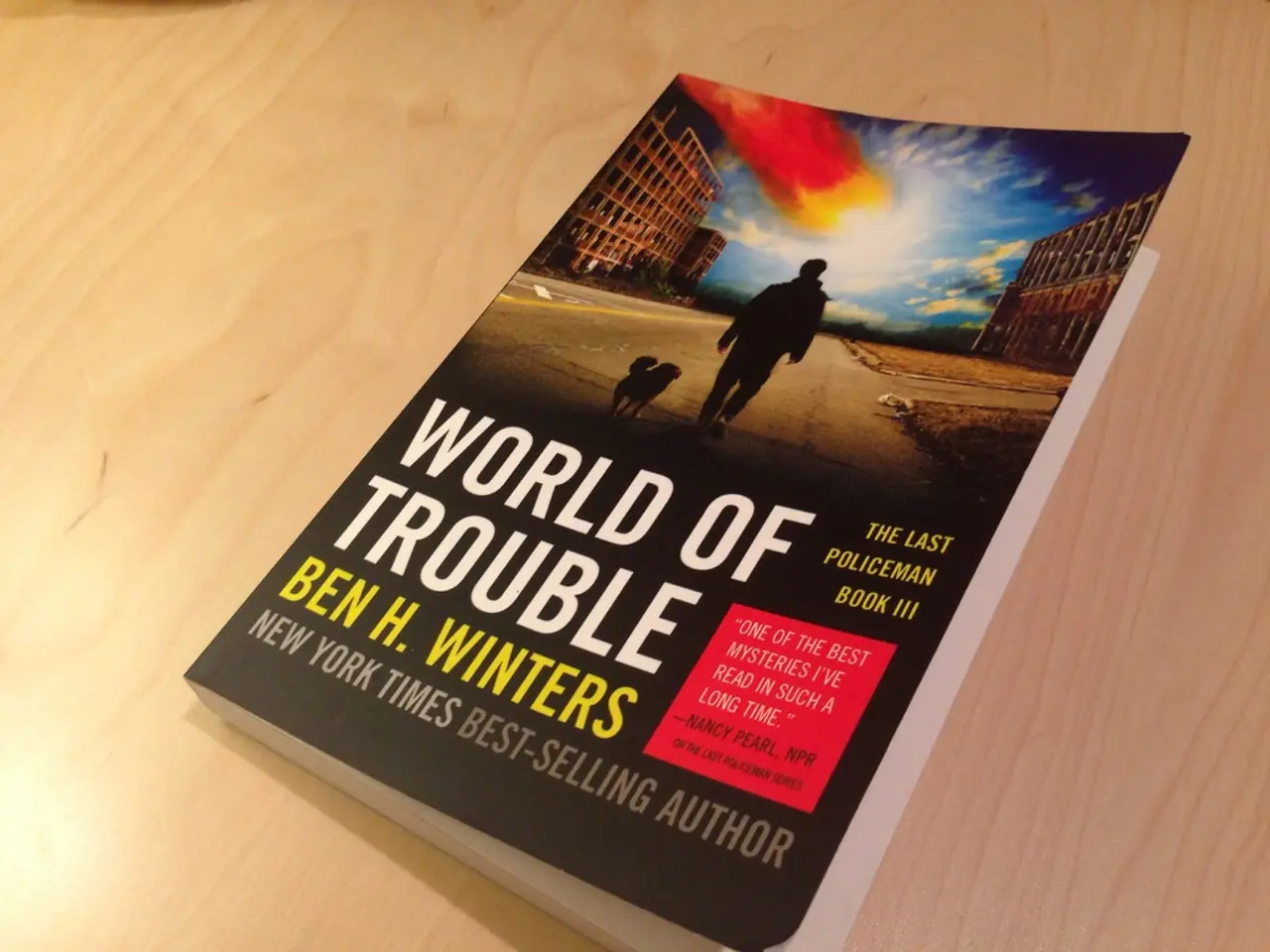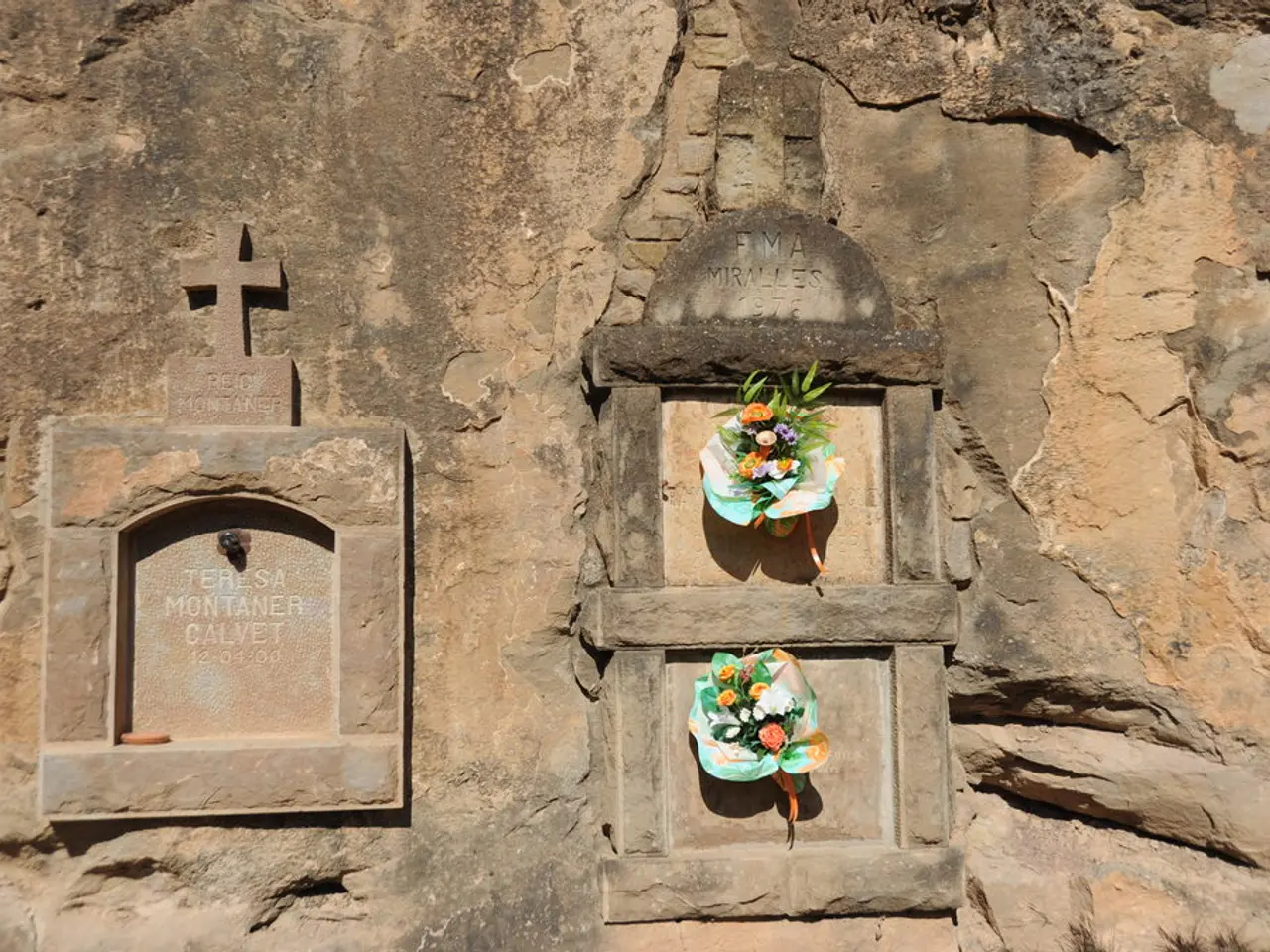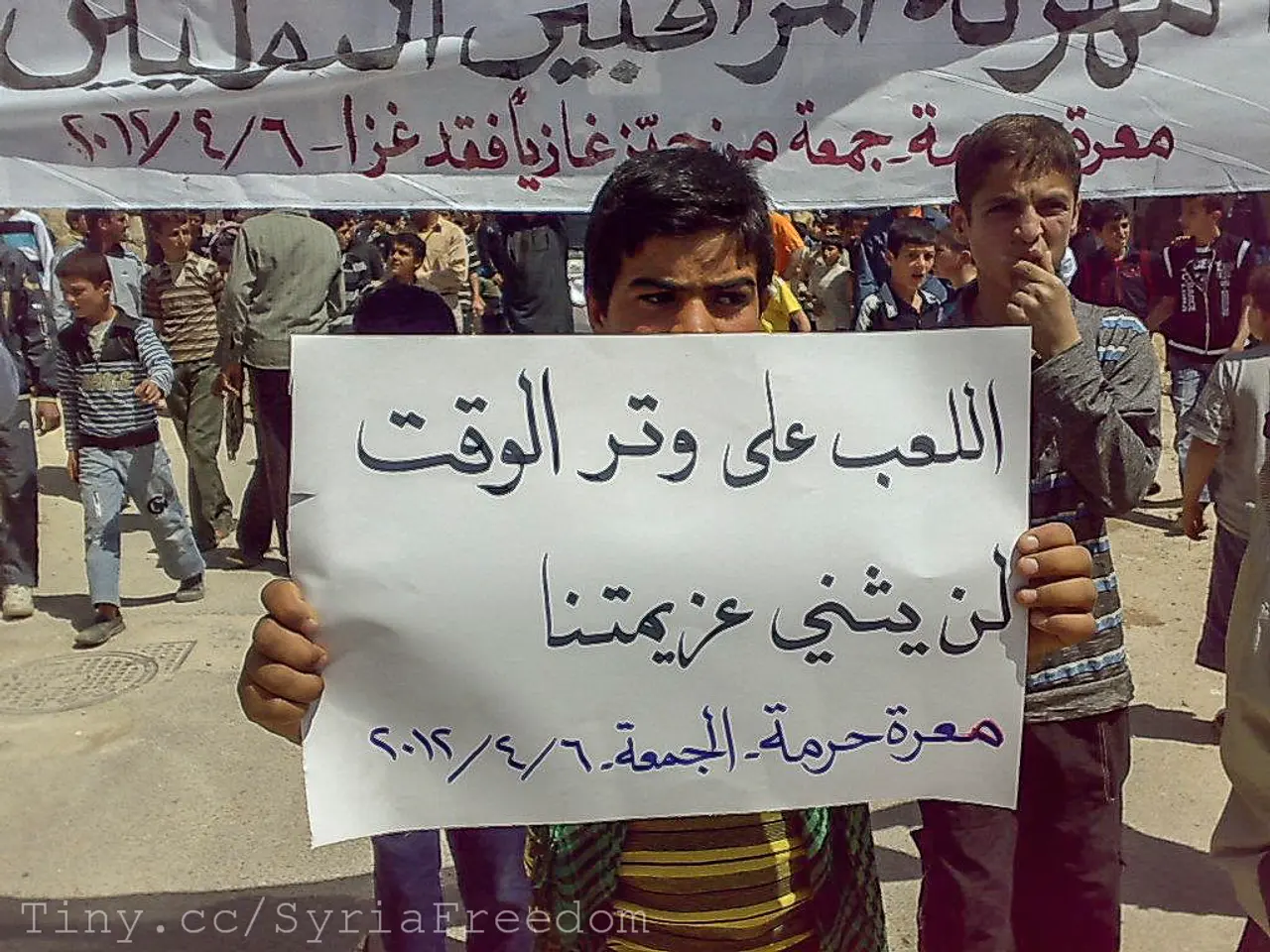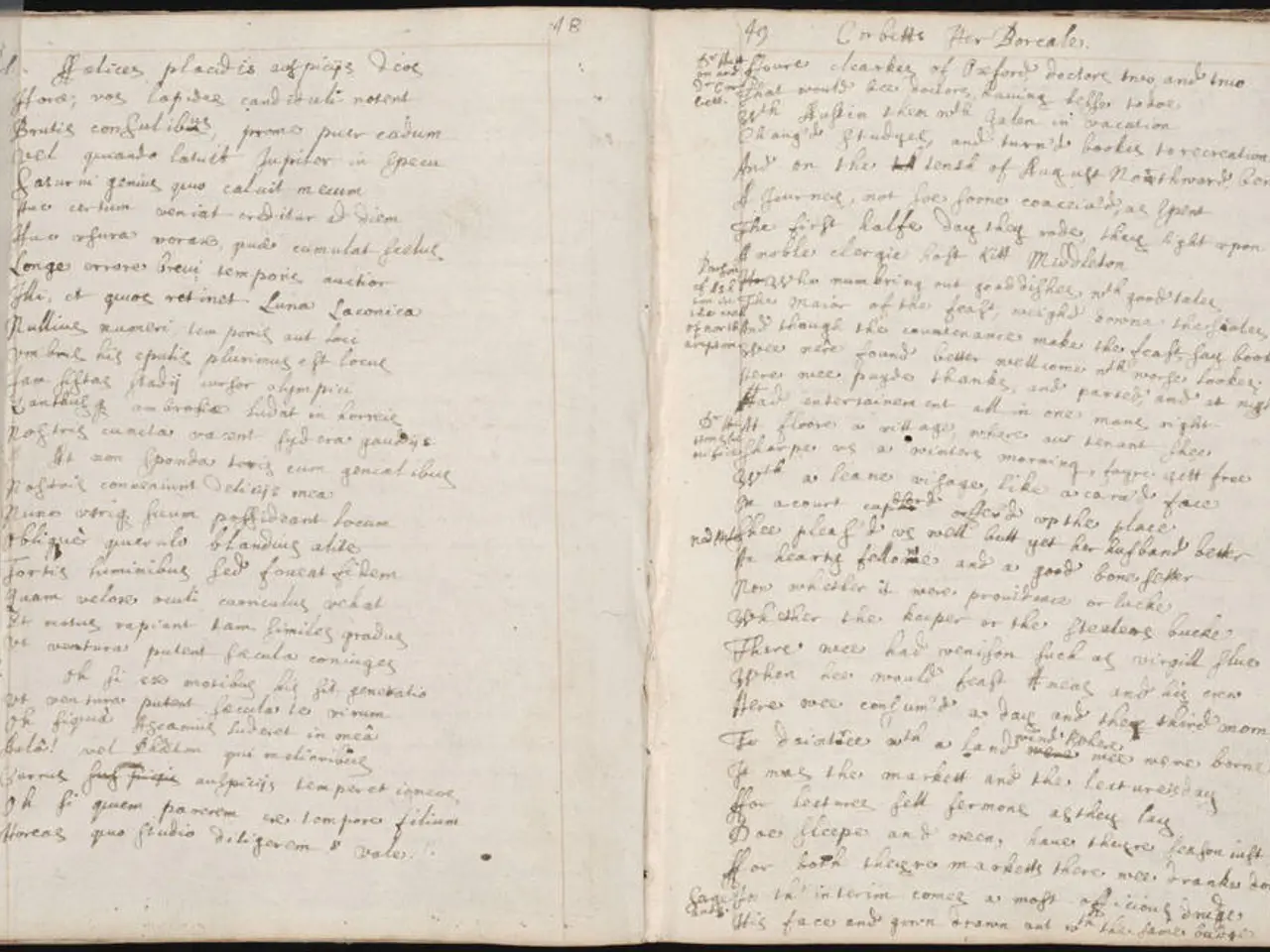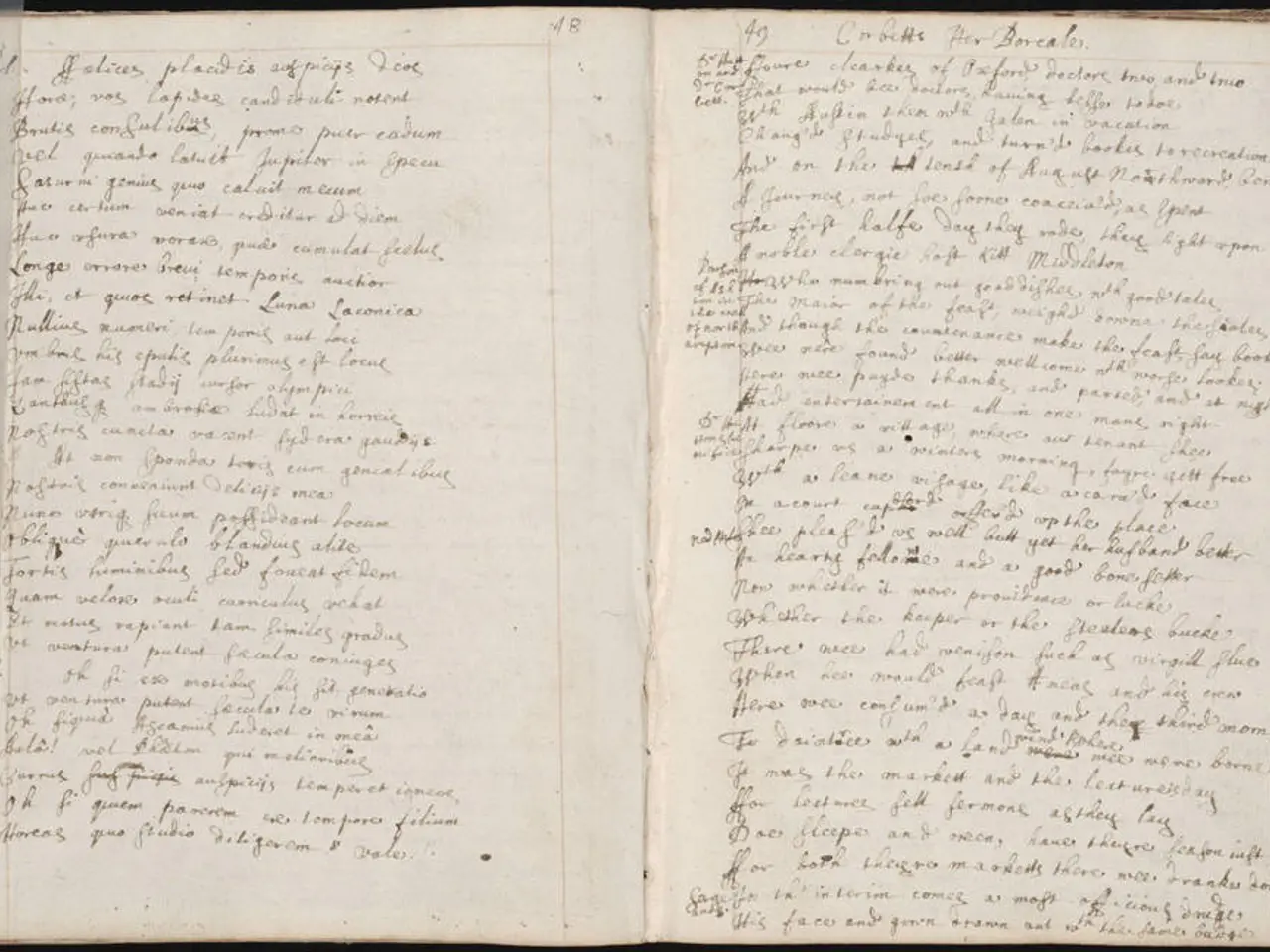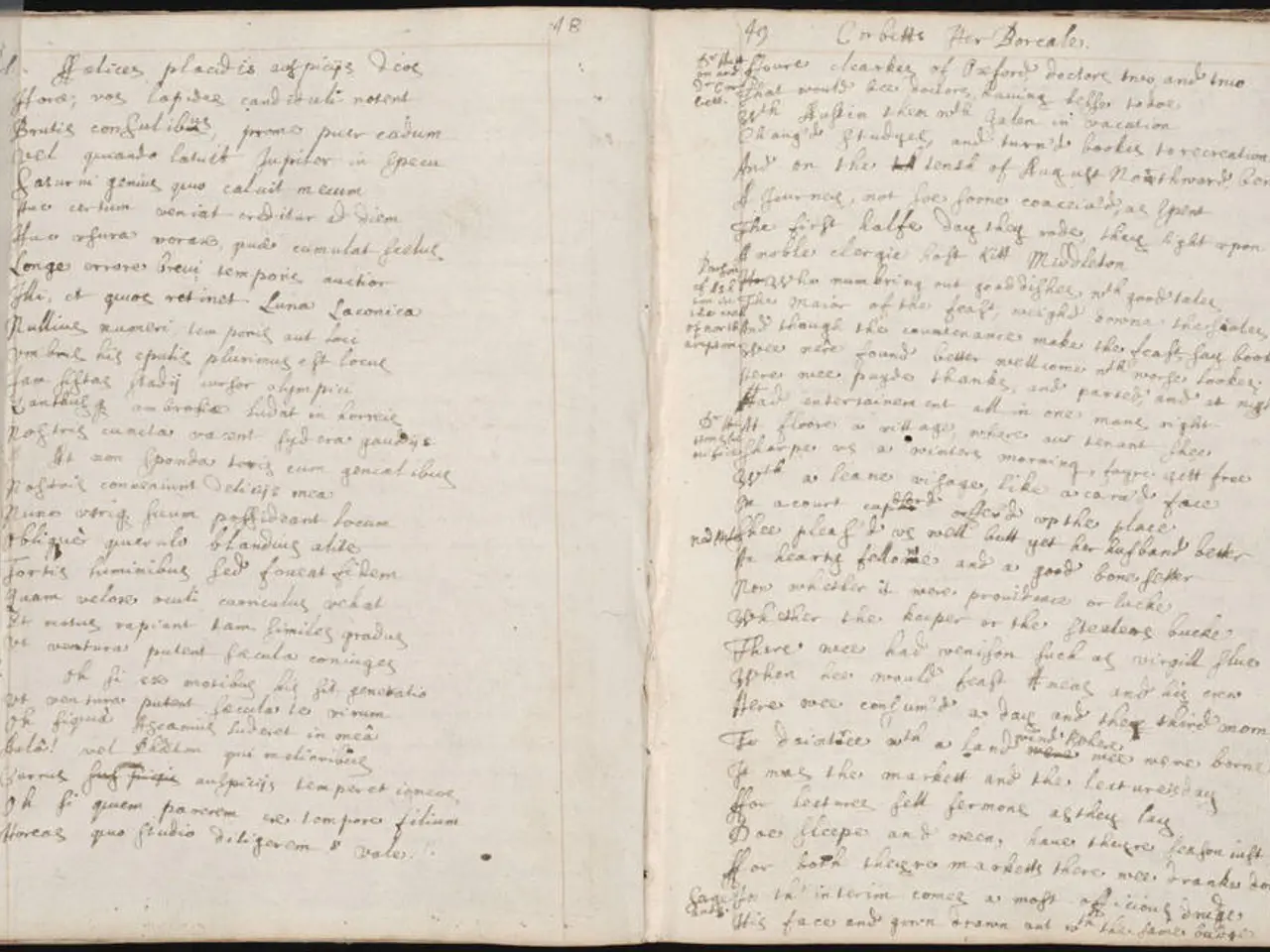Italian migrant secure nation status challenged by EU court
The European Court of Justice (ECJ) has ruled that Italy can fast-track the deportation of migrants to countries it designates as "safe," but only if certain conditions are met. This ruling comes from a case involving two Bangladeshi nationals whose asylum claims were rapidly rejected under Italy’s accelerated process.
The two migrants were taken to a detention center in Albania by the Italian navy, as their home country, Bangladesh, is on Italy's list of safe countries. However, they contested that Italy had not adequately justified this classification nor allowed them to legally challenge it.
The ECJ emphasized that respect for migrants' procedural rights and thorough justification are necessary under EU law when designating safe countries and executing fast-track deportations. Italy must provide a justified and transparent rationale for declaring a country safe, and migrants must have the right to challenge both the safety designation and their deportation decisions within a proper legal framework.
Italian Prime Minister Giorgia Meloni criticized the ECJ’s ruling on the classification of safe countries of origin, stating that it further restricts the already limited room for maneuver of governments. She expressed concerns that the policy to combat illegal mass immigration and protect national borders would be weakened by the court’s decision.
Opposition politicians argue that the fast-track asylum process is expensive, complicated, and detrimental to migrants' rights. A non-governmental delegation observing the process in Albania claims it illegally deprives migrants of assistance with asylum claims.
The fast-track process and detaining migrants at facilities in Albania were introduced by Meloni's government as a means to curb the number of migrants entering the country. These policies have faced intense criticism, with Italian courts referring several cases to the EU's top court in Luxembourg for clarification.
The Rome District Court will have the final say in determining whether the fast-track process was correctly applied for the two Bangladeshi nationals. The ECJ's ruling was in response to a question about the permissibility of an accelerated asylum procedure for migrants from countries not facing war or significant crises.
EU countries are allowed to designate safe countries of origin to fast-track asylum procedures if authorities disclose the sources for their assessment. The court also ruled that while having a fast-track procedure does not violate EU law, the designation of safe countries must be subject to judicial scrutiny so migrants can challenge decisions made on their asylum claims.
Previously, an Italian court ruled that migrants from Bangladesh and Egypt could not be immediately returned due to safety concerns. The fast-track asylum claim of the two Bangladeshi nationals was rejected. A state can only be designated as a safe country of origin if it offers adequate protection to the entire population, including minorities.
[1] Source: European Court of Justice ruling, Case C-164/21, Italy v Council (European Union), 16 December 2022.
- Italian Prime Minister Giorgia Meloni, in response to the European Court of Justice's ruling on safe countries of origin, expressed concern that policies aimed at combating illegal immigration and protecting national borders could be weakened.
- The European Court of Justice (ECJ) ruling states that EU countries are permitted to fast-track asylum procedures for countries deemed safe, but only if they provide a justified and transparent rationale, and allow migrants the right to challenge both the safety designation and their deportation decisions within a proper legal framework.
- The Rome District Court will determine whether the fast-track process was correctly applied for the two Bangladeshi nationals, following the ECJ's ruling that stressed the importance of respecting migrants' procedural rights and thorough justification under EU law when designating safe countries and executing fast-track deportations.
